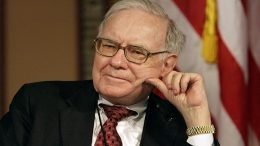Is Berlin prepared for a new government in Greece?
Jens Bastian via Macropolis | The German government’s view of the candidates for prime minister ahead of Greece’s early elections on July 7 is rather ambiguous. This is largely due to the fact that PM Tsipras has undergone a remarkable political transition in office. His efforts at staging various policy U-turns over the course of the past four years have led to an impressive reassessment in Berlin of his term as Greek prime minister.










